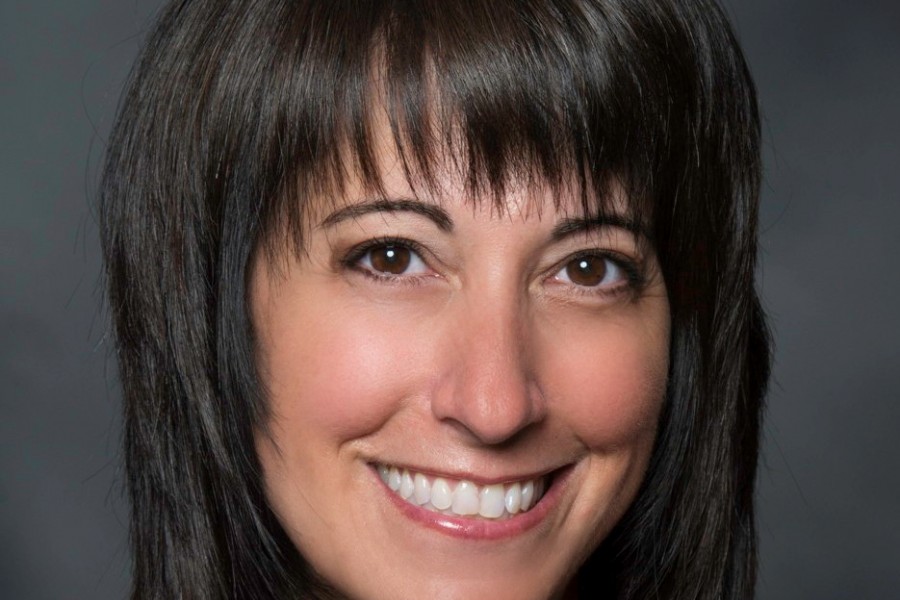Blog: Do You Have Untreated Hearing Loss?
October is one of my favorite months of the year. The weather changes and nights get cooler. The leaves on trees change and we can experience the vibrant colors of Fall. Football games, apple cider, leaves crunching under foot, cozy blankets, the list goes on…
October is also National Audiology Awareness Month, a hearing health campaign created by the American Academy of Audiology to educate the public about the role of the audiologist and the importance of maintaining hearing health.
Audiologists are licensed, doctoral level health care professionals who evaluate, diagnose and treat disorders of the hearing and balance systems. Some people think that audiologists only work with elderly people with hearing loss, but hearing loss affects people of all ages. Audiologists have an important role in treating hearing health. They perform newborn hearing screenings on infants within days of birth, they conduct hearing evaluations on children and adults, evaluate tinnitus and dizziness and diagnose auditory processing disorders. Audiologists fit hearing aids and ensure they are programmed to yield the greatest benefit based on an individual’s unique needs. They evaluate candidacy for cochlear implants and map, or program, them as needed. Educational audiologists help create classroom plans for children with hearing loss. They also fit assistive devices for use in the classroom and ensure hearing aids and other equipment is functioning properly.
According to the National Institute on Deafness and Other Communication Disorders, approximately 37.5 million Americans have some degree of hearing loss. That makes hearing loss the third most common health condition. Unfortunately, only about 20% of those individuals seek some form of treatment. Many studies have linked untreated hearing loss to increased rates of depression, increased falls risk, and social isolation. Studies also show a correlation between untreated hearing loss and an earlier onset of cognitive decline due to neural reorganization in the brain. Those studies show that hearing loss may be one of the greatest modifiable risk factors for cognitive decline. The patient and the audiologist must work together to prevent the detrimental effects of hearing loss.
What’s the bottom line? October is a great time to get your hearing checked and encourage a loved one to do so, as well. We are here for all your hearing healthcare needs and look forward to helping you negate the effects of untreated hearing loss.
By Tracy Murphy, AuD
October 5, 2021

